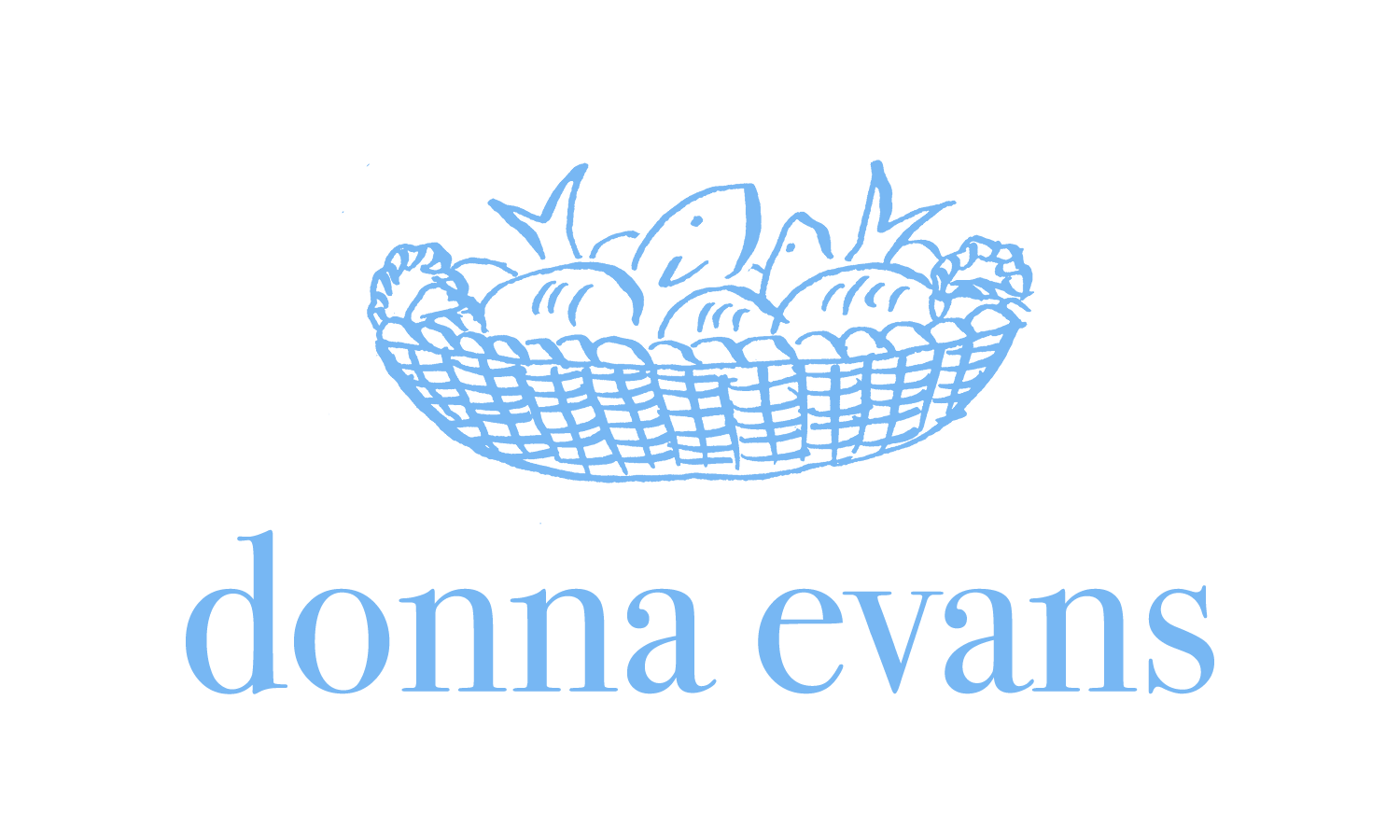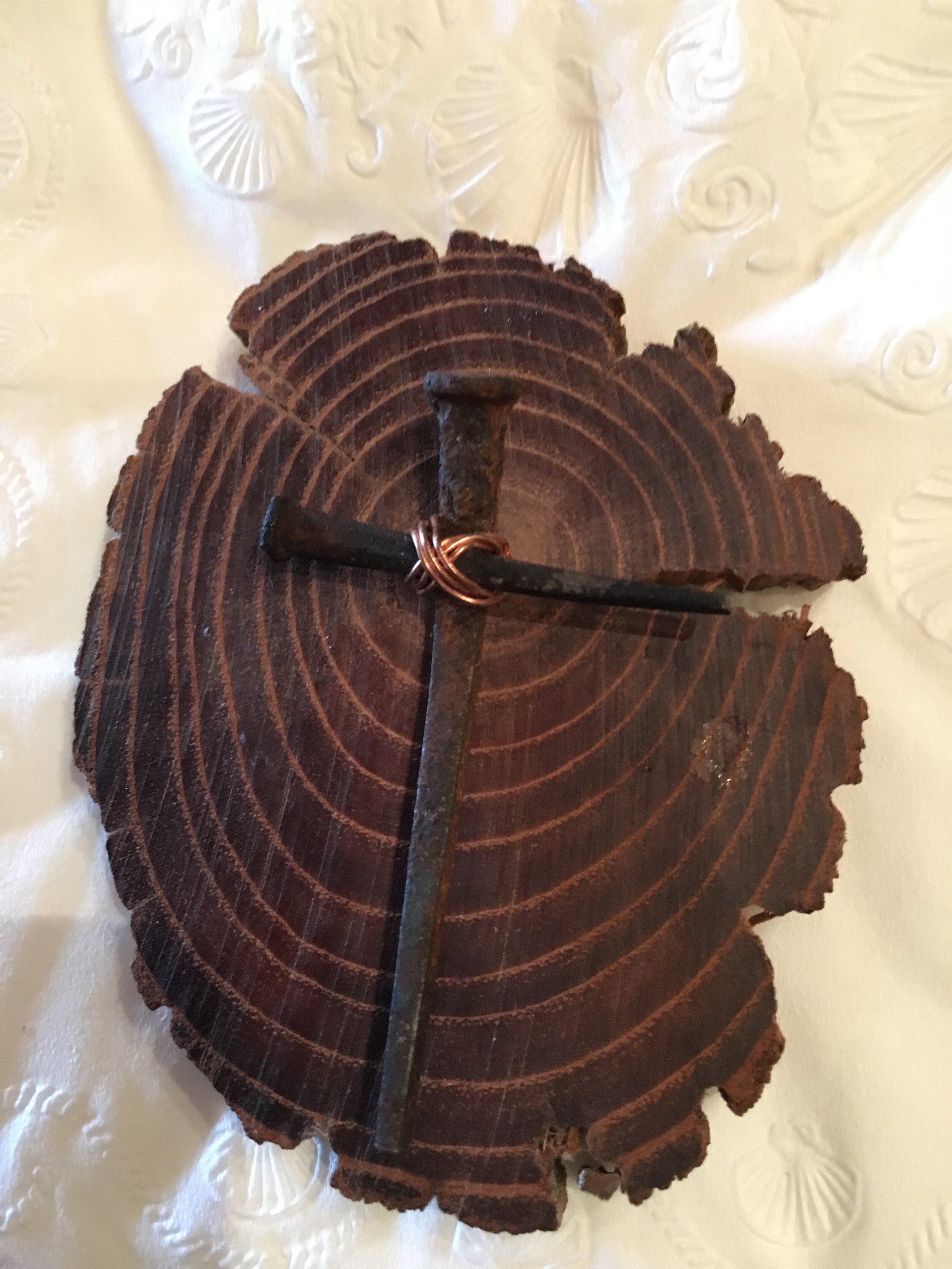The Great Reversal
“While we were still sinners,
Christ died for us.”
Romans 5:8 (NIV)
Original artwork Holly Hollon
In their excellent book The Final Days of Jesus, authors Andreas Kostenberger and Justin Taylor describe the first Holy Week as “the most important week of the most important person who ever lived.” This week is so important to the world that close to one-half of every Gospel account is dedicated to the final week of Jesus’ earthly life. Everything before this in scripture looks toward this week. Everything after this week looks back and explains it.
Read the Gospel accounts and you will find that Jesus’ birth, life, and ministry are a constant surprise. Author Richard Hays writes, “God’s manner of revelation is characterized by hiddenness, reversal, and surprise.” We come to the final week of Christ’s earthly life and the surprise only crescendos during the week that changed the world.
God’s appointed time of Christ’s death has come, and Jesus resolutely sets his face toward Jerusalem (Luke 9:51). The city is swollen 5-6 times its normal size and filled with an estimated 2 million Jewish pilgrims arriving from all over the world to celebrate the annual Passover feast. On Palm Sunday Jesus enters Jerusalem riding a donkey, fulfilling the prophet Zechariah’s words written over 500 years before (Zechariah 9:9). The large crowds that followed Jesus from Galilee now throw down their coats and palm branches before Him and shout:
“Hosanna to the Son of David!
Blessed is he who comes in the name of the Lord!
Hosanna in the highest!
Blessed is the coming kingdom of our father David!”
(Matthew 21:9, Mark 11:10)
Jesus’ triumphal entry into Jerusalem both reveals and conceals like no other. Because he is a king, Jesus deserves a coronation. This regal coronation, however, is full of surprises. Jesus doesn’t come with an army, but enters Jerusalem with a mob of peasants. He isn’t riding a white war horse of victory, but riding a burden bearing donkey and coming in peace. The jubilant crowds are not waving swords, but palm branches. Jesus doesn’t attack a Roman fortress; he cleanses the Temple. He is not defeating oppressors; he is debating Jewish religious leaders. By the end of this week, the adoring crowds who declared him the King of Israel will angrily be demanding his death. Instead of conquering, Jesus is crucified. Instead of crushing, he is crushed. He is not a victim; Jesus is a volunteer. Jesus doesn’t offer a Passover sacrifice; He IS the final Passover sacrifice. And all who put their faith and trust in him are no longer people of the Exodus, but people of the Cross.
Everything is turned upside down.
Palm Sunday ended with Jesus weeping over Jerusalem. He endorsed the crowd’s claims for his kingship; but Jesus knew their hearts were wrong and he wept. Israel’s whole history has been waiting for this moment, yet they do not recognize God coming to them, for them.
What about us? Have we recognized this King who came in ways that reverse the values of the world? Jesus came in weakness, suffering, and service, not strength and force, to die as a ransom for us. This week as we prepare for Easter Sunday, why not read one of the Gospel accounts of the final days of Jesus and the week that changed the world?
“God made him who had no sin to be sin for us, so that in him we might become the righteousness of God.” (2 Corinthians 5:21) Jesus’ death wasn’t just the Great Reversal; it was also the Great Exchange. Sin’s curse was broken with Christ’s atoning death and resurrection.
And everything was turned upside down.




